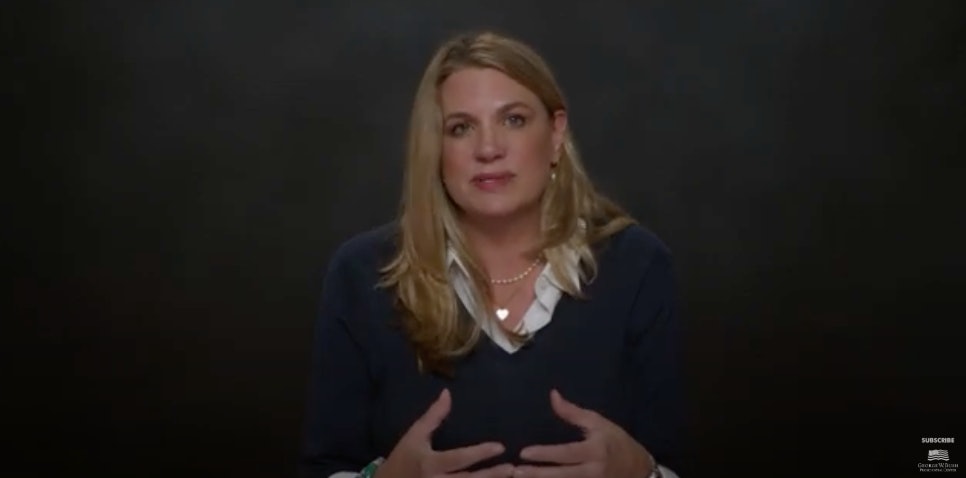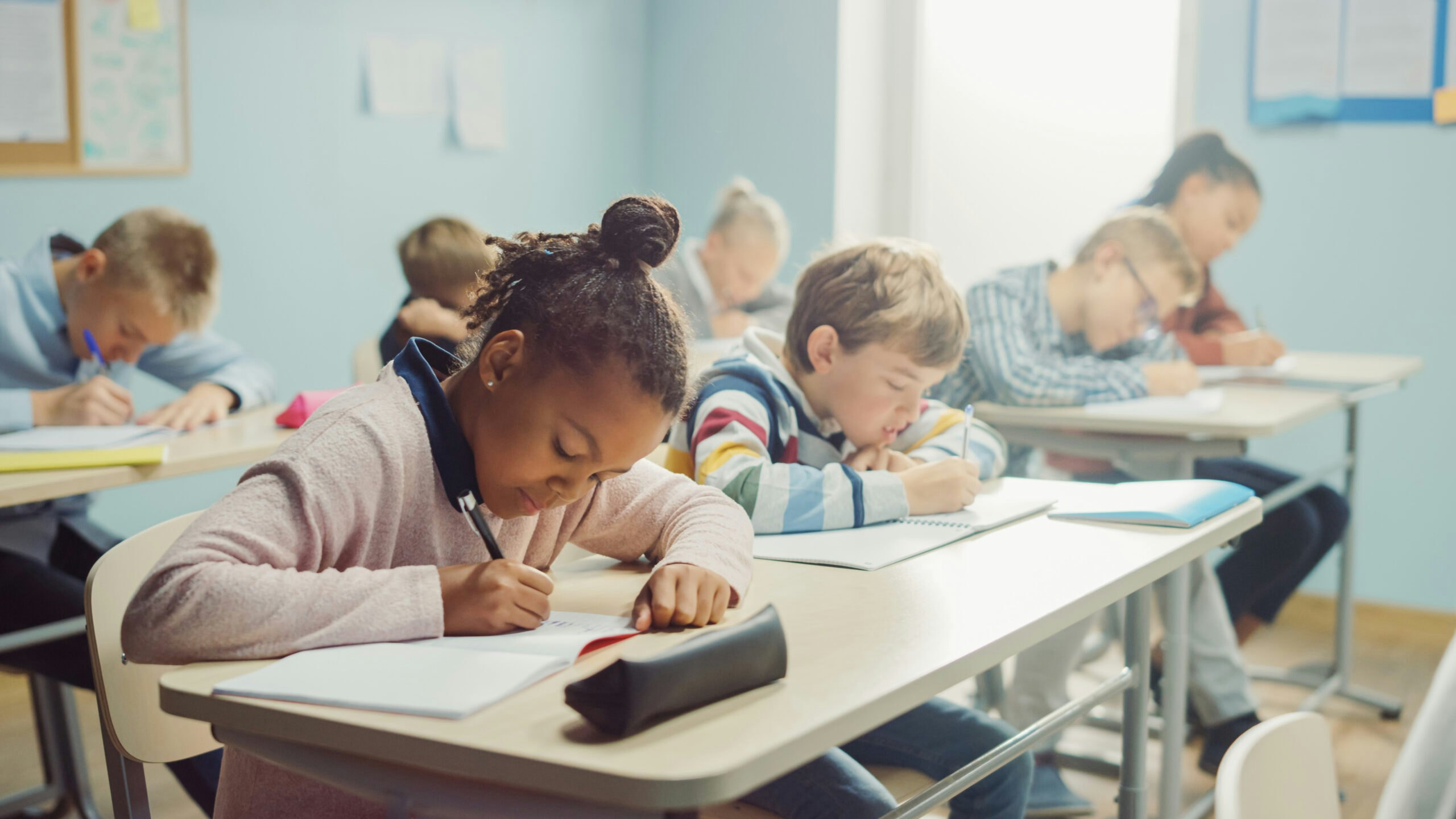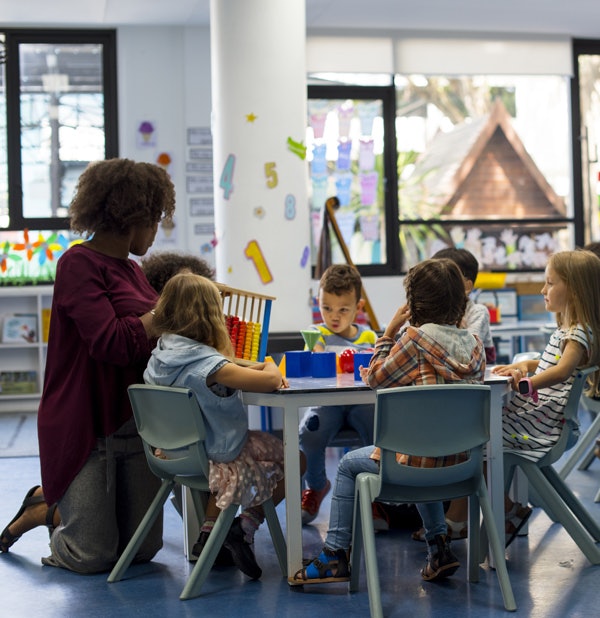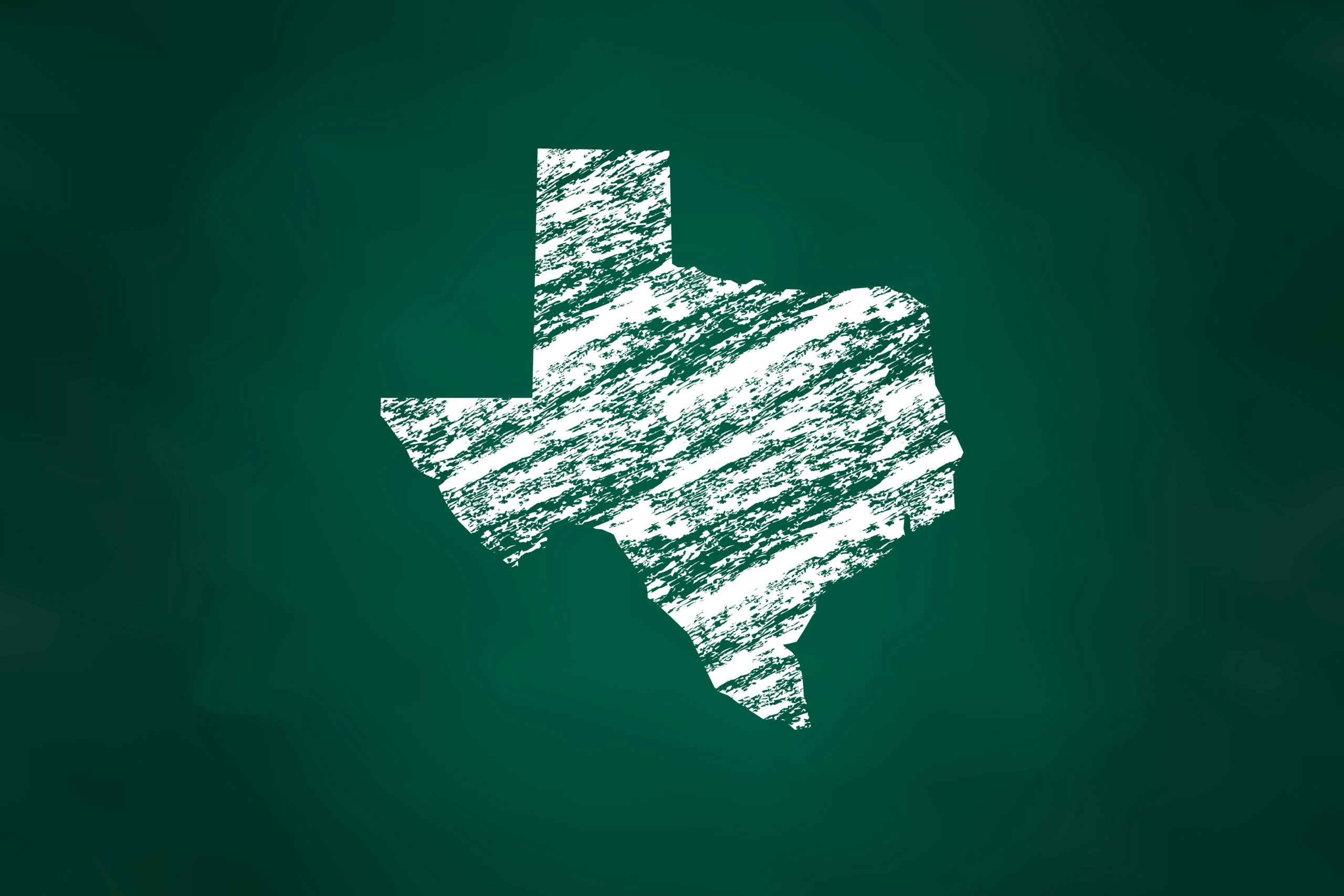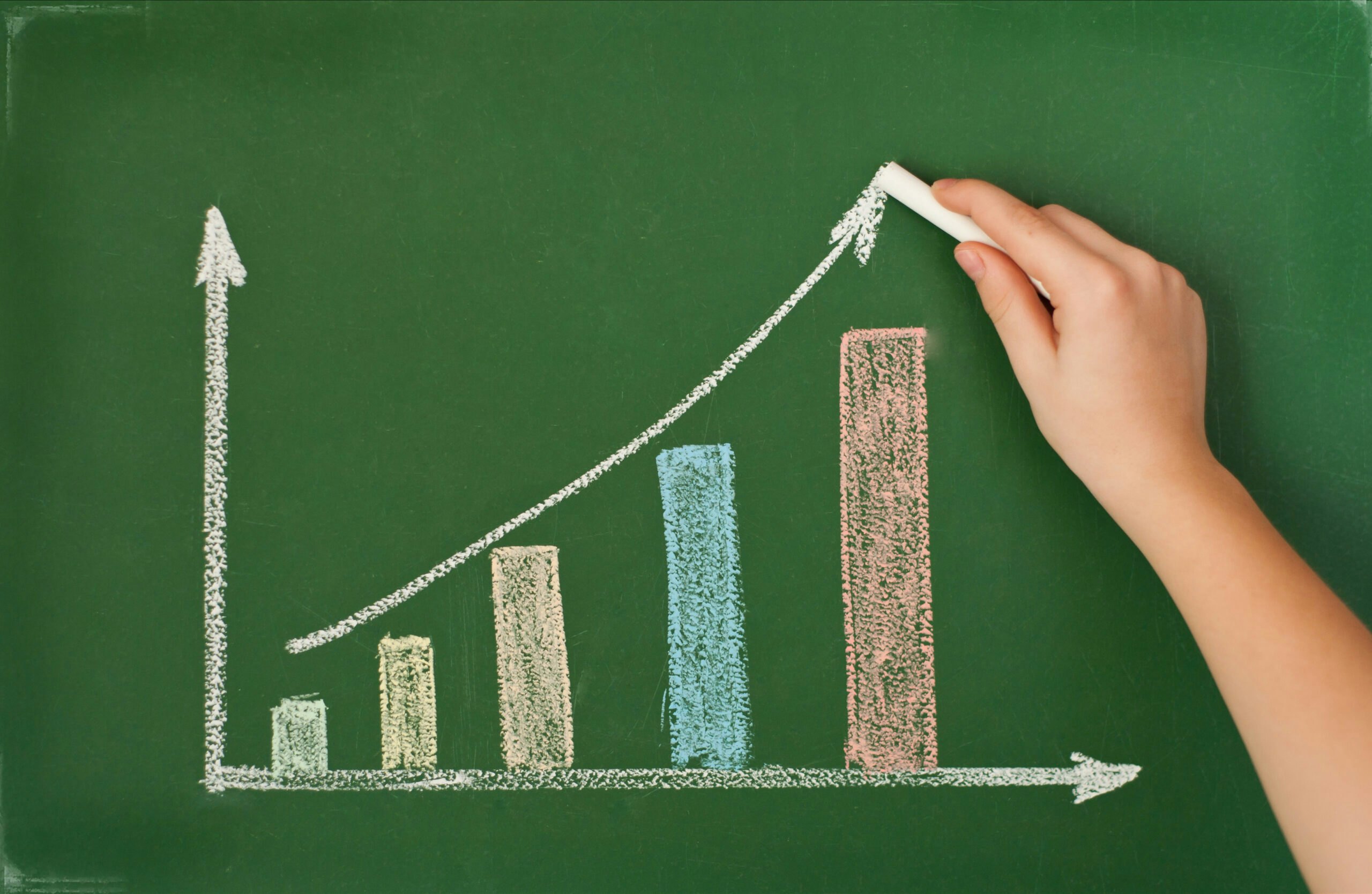How professional learning for principals can improve student-learning outcomes
Research shows that principals are a significant school-level factor affecting student achievement, and that they are second only in importance to that of classroom teachers. Like other types of leaders, great principals recruit and retain the best talent (teachers), set ambitious visions for their buildings, and create a culture of collaboration and constant improvement.
Professional learning for principals can improve student-learning outcomes by developing principals’ skills to lead improvements in school culture and instruction. Emerging evidence also suggests that redesigning the principal-supervisor role can be an effective strategy for developing principals’ skills. Principal supervisors are the line managers of principals — they are tasked with overseeing, supporting, and developing principals. Supervisors support principal learning when their role emphasizes visiting schools, evaluating and coaching principals, and conducting the professional development of principals. This principal supervisor strategy works particularly well when their role is focused on instructional leadership, and the ratio of schools they manage enables them to spend time in those schools at least once every week or two.




